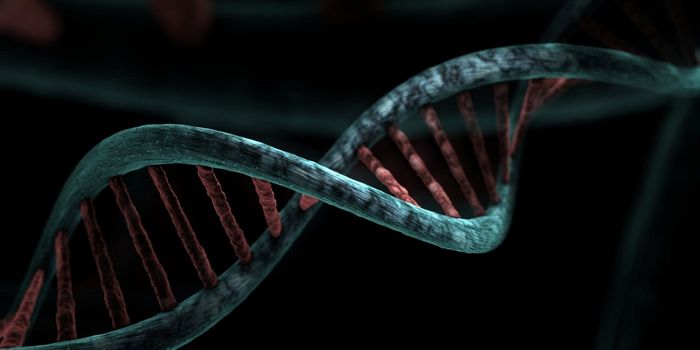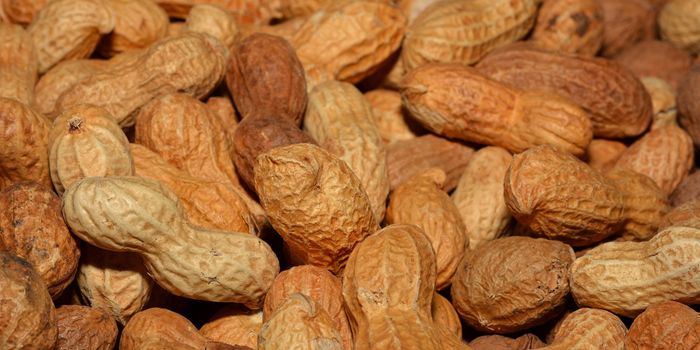Artificial Organs as an Alternative Option to Transplant
Kidneys are vital organs needed to properly balance the body’s fluids and excrete biological waste. Unfortunately, kidneys do not always function properly, and organ malfunction can lead to kidney disease and even failure. Kidney disease can occur for many different reasons including smoking, heart disease, obesity, family history, other kidney disorders, and simply because of old age. Unfortunately, millions of Americans have kidney disease, and the rate of diagnosis is rapidly increasing. Although there is a lot of research on kidney disease, there is no cure and if it progresses a kidney transplant is necessary. The list for a kidney transplant is long and usually it is difficult to find a donor that has a similar genetic background in which the organ transplant will be a success. In addition, while waiting for a kidney, patients are on dialysis, which is a process in which a patient’s blood is filtered in a machine and reinfused into the body. The process of dialysis mimics the function of a kidney and helps remove waste in the blood. Dialysis is currently the standard of care with patients waiting for a kidney transplant. Fortunately, many groups are working to better treat kidney disease and prevent patients from going on dialysis or waiting for a kidney transplant.
Researchers at the University of California San Francisco (UCSF) are currently working on a new approach to treat kidney disease eliminating dialysis the need for patients to be on lethal medication after a kidney transplant. A group of scientists working on The Kidney Project headed by UCSF professor Dr. Shuvo Roy and Vanderbilt University Medical Center professor Dr. William H. Fissell have recently published in Nature Communications on an implantable device known as a bioreactor which mimics the function of kidneys. The device hold kidney cells and is comparable to a pacemaker. Currently, the device has shown to work efficiently in animal models and does not elicit an immune response in the animal that would reject the implant.
Roy, Fissell, and colleagues hope to add different kidney cells to the bioreactor to perform even more functions similar to a normal kidney, such as controlling the body’s fluids and releasing hormones. The goal is to not only maintain blood pressure and control hormone levels, but also effectively filter out waste all in one device. Scientists hope to produce a device that will improve dialysis as patients wait for a kidney. Currently, individuals with kidney failure receive dialysis several times a week, interrupting their lives with a small hope that a donor will be found.
The team of scientists has designed the device to directly connect to blood vessel to allow the exchange of nutrients and oxygen similar to a kidney transplant. A silicone barrier is kept inside the bioreactor to protect the kidney cells. The device has done extremely well in animals, and the tea hopes to test it in humans.
Roy, Fissell, and colleagues have generated the first semi-artificial kidney that could save millions of lives. More work needs to be done to confirm it is safe for humans to use, but this bioreactor device could prolong the survival of millions of patients experiencing kidney failure and improve their quality of life. Overall, this future of an artificial kidney provides hope for better patient care and a possible alternative for biological kidney transplants.
Published, UCSF, The Kidney Project, Shuvo Roy, Vanderbilt, William H. Fissell, Nature Communications








